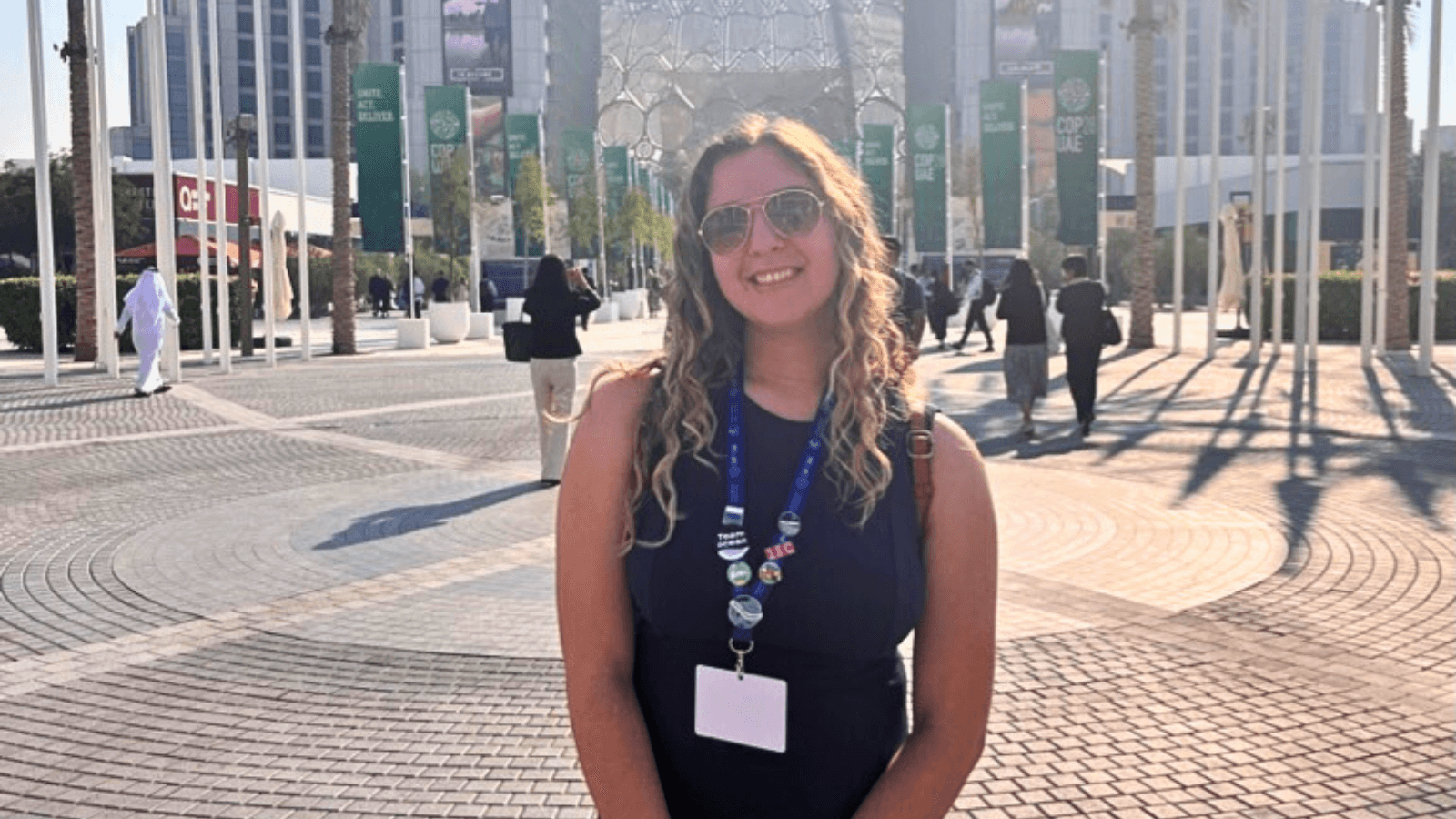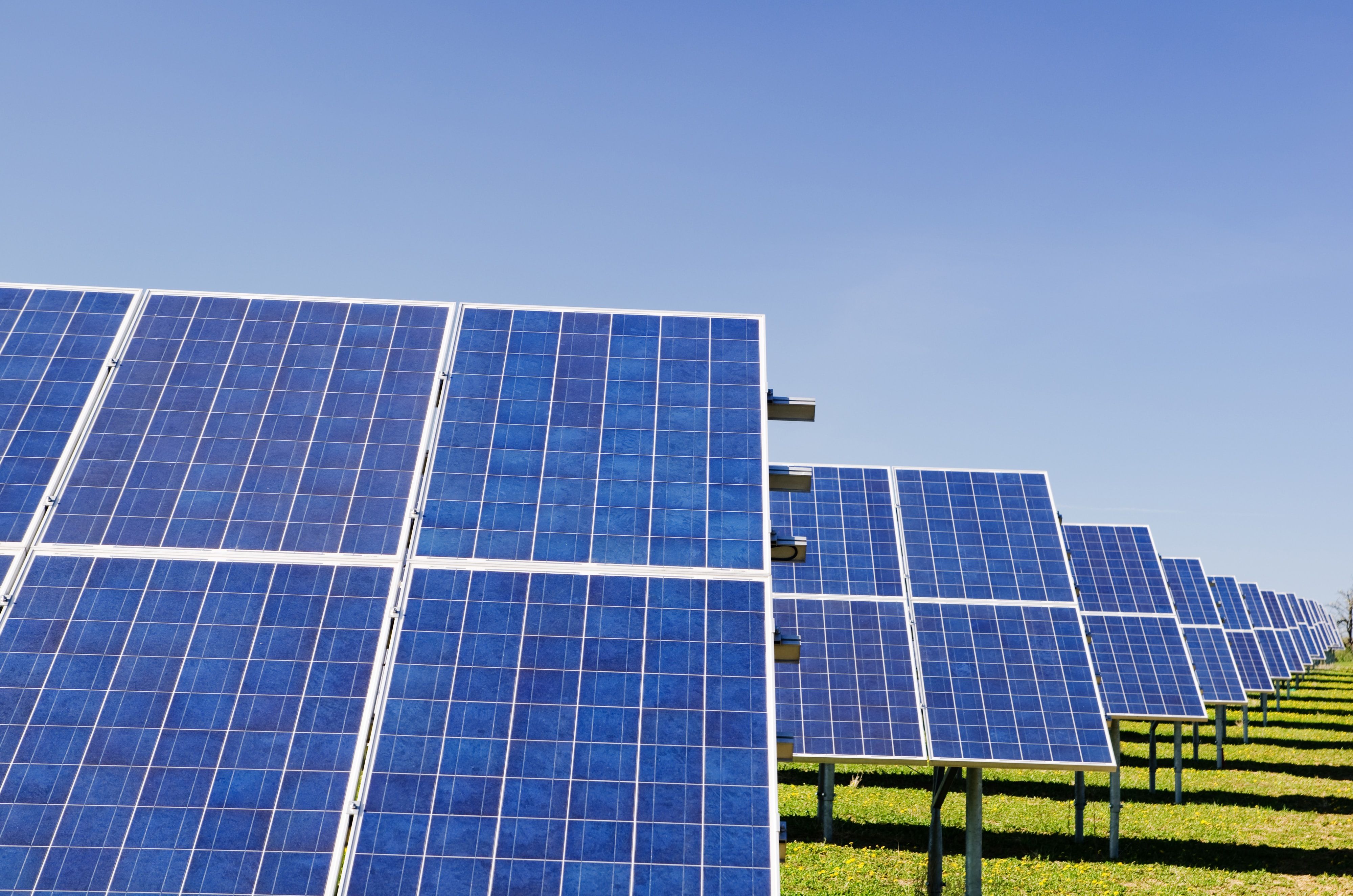
Love your neighbor as you love yourself is the second greatest commandment that Jesus gives us in Mark 12. And who is our neighbor? The question the Pharisees ask after Jesus's remark. The question we asked, and the question I asked on my way to COP28 in Dubai.
One particular conversation that answered this question for me was with Rev. James Bhagwan, the general secretary for the Pacific Conference of Churches from Fiji. He shared a bit of his culture with us.
"When a child is born on the island," he said, "it is custom to take the dried-up umbilical cord and plant it in the ground with a tree sapling". Now when he said this, I tried not to make a face. Not that I was disgusted, but surprised. The reverend continued, "Planting that tree means the child is now part of the land.” My heart was full at that moment. I thought it was such a beautiful tradition.
This took a rather serious turn when he talked about the struggles that islands such as Fiji face. And the main culprit: sea level rise. The reverend mentioned how staying below 1.5 ºC is very important for Pacific Islanders; above that means death for many people living on islands just like his.
Not only are these islands sinking, but countries that have the power and resources to help don't seem to care too much. "Are we not your neighbors?" he asked. Although most of us are not directly impacted by climate change, there are people such as Reverend Bhagwan who feel the effects every day.
Our neighbors are not just the people we sit next to at church, they are not just our college roommate, or that one coworker we don't particularly like. Our neighbors are the people who are oceans away and suffering due to the consequences of climate change.
Now, on my way back to Boston, I realize that COP28 was so much more than a fun experience and a time to network. This COP has shown me the faces of the climate crisis. It showed me the people who are suffering and the people who are being most affected by the problems that climate change causes. So, as I fly back, the question I am asking myself is how can I do better to fulfill my responsibility to the Earth and the people in it?

